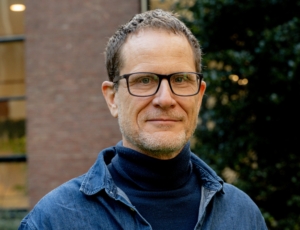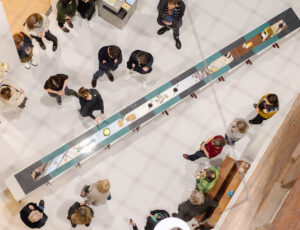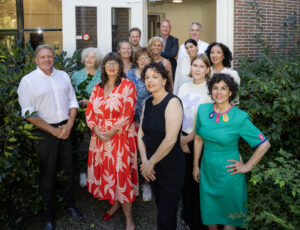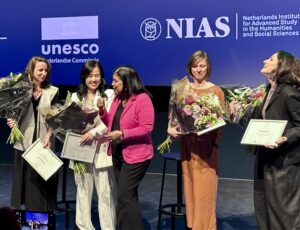Fear of being exploited
From winning a complex war to developing a life-saving drug: there are so many things that can only be achieved if people work together in harmony. They can then achieve impressive performances that also benefit the individual. So, why do colleagues or others so often make things difficult for one another? Empirical research carried out by De Dreu has shown that greed and fear are the basic reasons underlying problems with teamwork. ‘People are afraid that their contribution will mainly benefit those people who themselves contribute nothing. That’s why people hold back and invest in self-protection rather than cooperation.’
Experiments
De Dreu examined the strategies people use to maximise the benefits for themselves and to reduce the risk of being exploited. He conducts experiments where the participants can invest in self-protection or attacks on others, or they can choose to do nothing. When motivated by greed, people seem to invest mainly in self-protection and less in attacks on others. ‘Fear is almost always present as a brake on cooperation, but it’s more difficult to predict when greed will crop up.’ The paradox is that fear among rival groups tends to result in people working better together. ‘It seems to happen almost automatically, often without it even being discussed.’
What does our brain look like?
As Professor of Employment and Organisation Psychology at the University of Amsterdam, De Dreu has conducted a lot of research on cooperation within organisations. In Leiden he intends to approach the subject at a higher level of abstraction. ‘We know a lot about what makes the best kind of leaders. Now I want to examine what our brain looks like when we are working together. I’m interested in that because cooperating with one another relies on very basic systems that we also use for other tasks, such as child-rearing.’
Read the full article on Leiden University’s website
About Carsten de Dreu’s research project at NIAS (Guest of the Rector 2015/16)
Source: Leiden University



